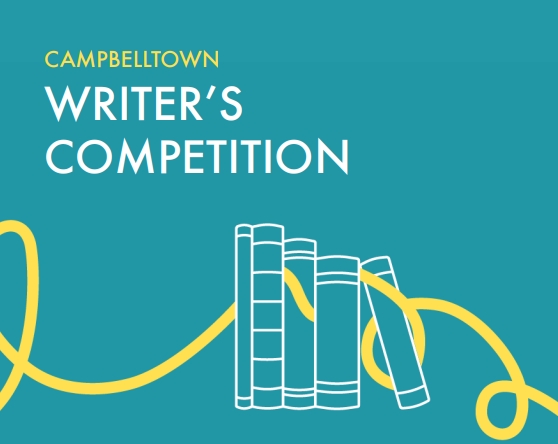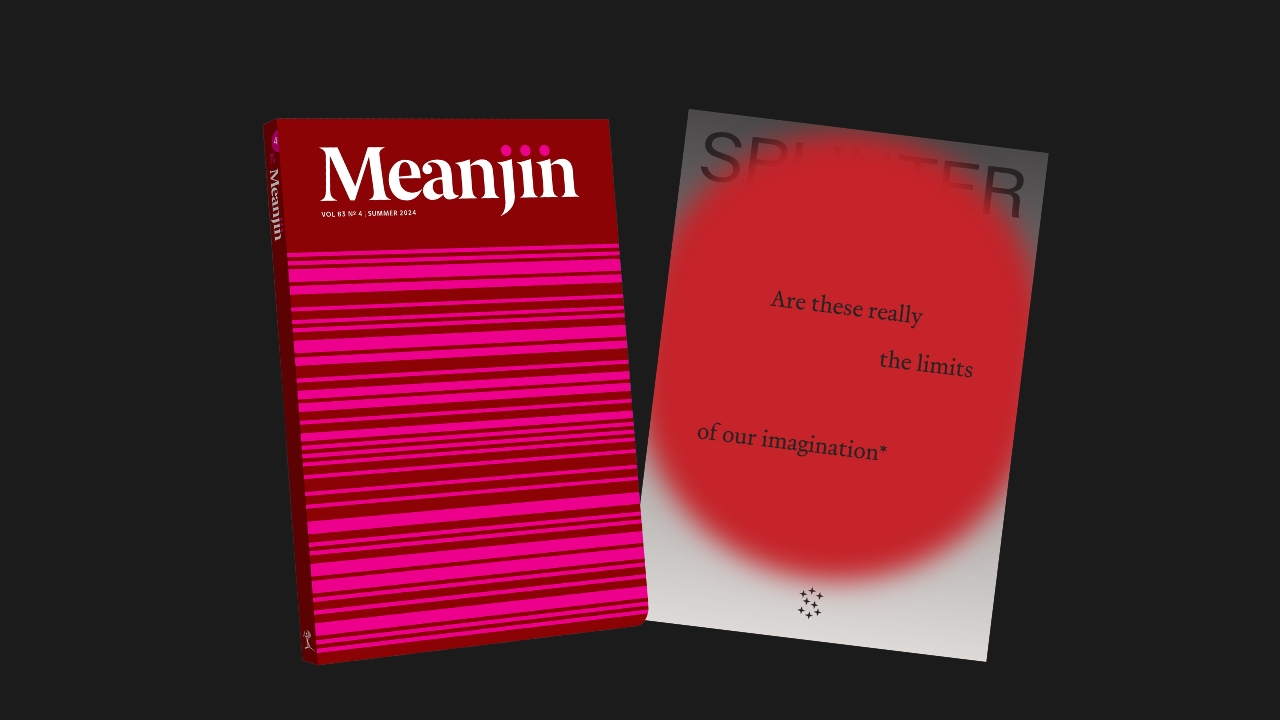This is a snippet from a brief talk I’ll be giving at the SA Writers Centre this Thursday on the subject of what editors do.
Whenever I tell people I’m a book editor, and the conversation doesn’t swiftly move on, their first question is usually, ‘So what do editors do?’ Their tone is that of a biologist having chanced across a new, unapprehended form of life. As I’m gathering my thoughts for the answer, they’ll often rush to cover my perceived embarrassment by supplying one themselves: ‘You fix all the spelling and punctuation in a book.’
Yes, that’s one of the things editors do, but I think this function springs so readily to mind because people imagine themselves editing a finished book, as in one that has already been edited. From this point of view, the role seems pretty basic. The book reads well and is professionally polished, apart from one or two misplaced commas or typing errors that stand out like a sore thumb. This is where the editor swoops in with his or her red pen. Change ‘stationery’ to ‘stationary’, take that apostrophe out of ‘it’s’: job done.
Editors and authors know that the work of an editor can be much more intensive and developmental than this. Depending on the stage of a manuscript’s life-cycle that an editor is brought in on, and the type of editing that the editor is doing (common types include structural editing and copy-editing), an editor might suggest, for example, changing the age of a character to suit the dialogue, giving a subplot an ending, or a different ending, making certain journeys in the novel possible in terms of real time and geography, cutting down on the overuse of certain words or phrases, introducing readers to something they need to know earlier on in the book, not quoting song lyrics that could breach someone’s copyright if not paid for, placing realistic limits on a first-person narrator’s knowledge, and changing ‘a sack of potato’s’ to ‘a sack of potatoes’. In some cases, editors will not only advise rewrites but also directly make them, always subject to the author’s final approval.
Now, I’m not in any way suggesting that editors supplant the author’s role here. The author’s role is the primary one, originating and mastering the book, and we respect and admire them for it. (The perception of an editor being an embittered, frustrated author is largely untrue and misses the point – which is that every author can benefit from a good editor.*) The editor’s role is secondary, a service provided to the author, to the text, to the publishing company and to the reader. But it takes a long time for a book to reach the stage at which most people will read it, and the editor is an important part of its gestation, helping a book to become the best version of itself it can possibly be.
Exactly how an editor does this, at what stage he or she might do this, and the different types of editing referred to above are things I will be discussing at the Writers Centre this Thursday.
*NB: Any errors you might find in this unedited blog post serve perfectly, of course, to illustrate this point and might even be deliberate.
Kevin O’Brien is a freelance editor based in the Adelaide Hills with over 15 years of editorial experience. For the last ten of these years, he has been working intensively on trade fiction and non-fiction, firstly for Mainstream Publishing, in Edinburgh, then for Random House in Sydney, where he was senior editor for five years, and now across all the big publishers, including Penguin, Pan Macmillan, Hachette and Random House, as a freelancer.







